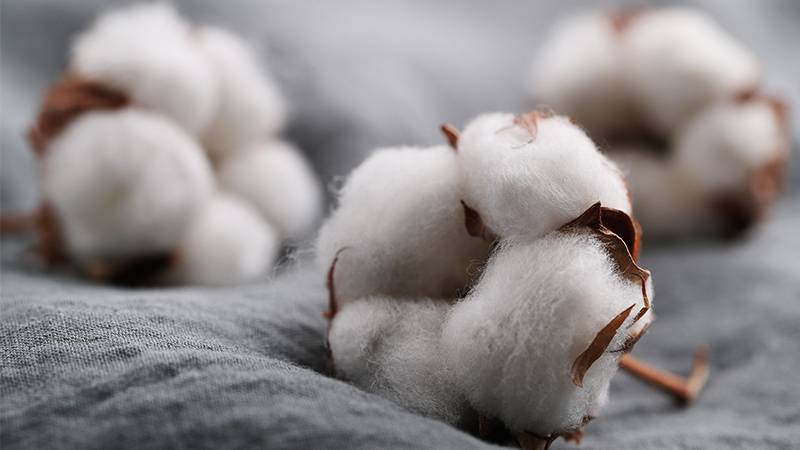In a significant stride towards sustainable agriculture, the Better Cotton initiative has reported a substantial reduction in water and pesticide use in India’s cotton farming sector. According to its annual impact report, the initiative has overseen a 53% decrease in pesticide use and a nearly one-third reduction in water usage among Indian farmers from 2014 to 2022.
The Better Cotton program, which commenced its operations in India in 2011, has been instrumental in enhancing the livelihoods of nearly a million farmers enrolled in it. These farmers have experienced a 15.6% reduction in costs per hectare of land, which is approximately 2.5 acres. This positive outcome has been attributed to the adoption of integrated pest management strategies and effective awareness campaigns that have curtailed the use of highly hazardous pesticides (HHPs) from 64% to 10%. Moreover, the use of Monocrotophos, a pesticide deemed highly toxic by the World Health Organization, plummeted from 41% to a mere 2%.
The initiative has also fostered environmental benefits, including a 29% reduction in water usage for irrigation and a 6% decrease in nitrogen application per hectare, mitigating greenhouse gas emissions associated with excessive nitrogen use in cotton production. Furthermore, the Better Cotton farmers reported an average cotton lint yield per hectare of 650 kilograms in 2021, surpassing the national average by 200 kilograms per hectare.
Over one-fifth of the world’s cotton is now grown under the Better Cotton Standard, with 2.9 million farmers in 23 countries receiving training on sustainable farming practices, and 2.2 million farmers earning Better Cotton licenses.
As the Better Cotton initiative shifts its focus towards deepening its impact, it aims to identify existing gaps to foster a positive change in cotton-growing communities globally. Alan McClay, the CEO of Better Cotton, expressed optimism over the progress highlighted in the report, emphasizing the environmental, social, and economic benefits realized through sustainable cotton production.
Currently, over a fifth of the global cotton yield adheres to the Better Cotton Standard, with 2.9 million farmers across 23 countries being trained in sustainable farming practices. According to Good News Network, the initiative has successfully rallied industry stakeholders, including brand owners, civil society organizations, and governments, to champion a sustainable future for cotton production. India has emerged as a pioneering force in this global endeavor, reflecting a commitment to fostering a sustainable cotton industry since hosting its first Better Cotton harvest in 2011.
More inspiring green news similar to this:


